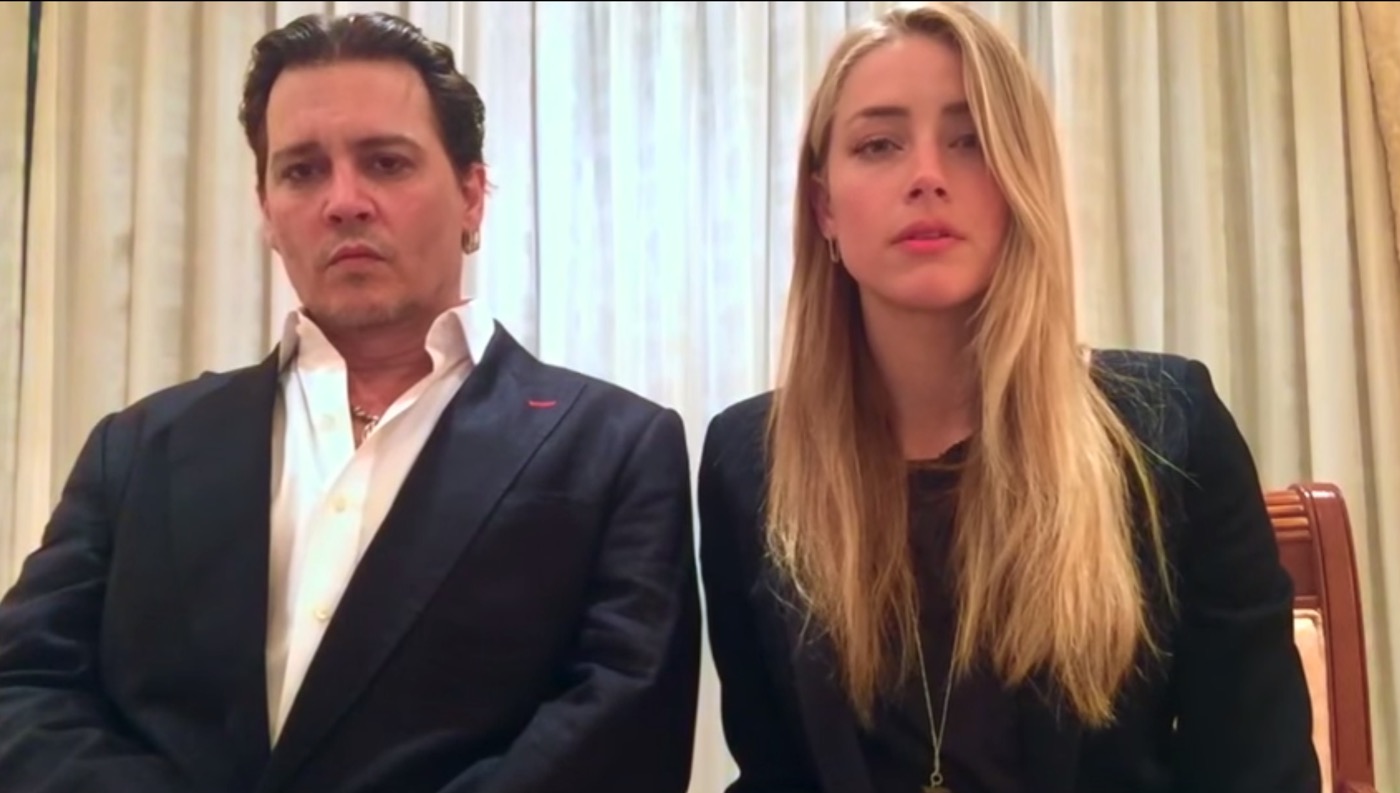Acting Sorry: Why Johnny Depp Owed Australia an Apology

Johnny Depp's latest most-watched (and highly critiqued) performance is just a little more personal than his typical thespian challenges.
In a video shared on YouTube on April 17 by Australian officials, Depp appeared with his wife, actress Amber Heard, offering words of apology for violating the country's biosecurity regulations last year.
Heard had illegally brought the couple's two pet Yorkshire terriers into Australia on April 21, 2015, without an import permit and without first subjecting them to a mandated quarantine — a requirement for all cats and dogs introduced into the country. [See Amazing Images from Australia's 'Lost World']
Though the incident, and apology, may seem trivial, experts say they speak to a larger, very serious issue. Since Australia is isolated geographically and some of its wildlife are found only on that continent, any disruption to the natural balance, such as the introduction of nonnative animals and their associated diseases, could ripple through the ecosystem.
Who let the dogs out?
The Australian Department of Agriculture and Water Resources (ADAWR) was alerted to the dogs' presence on May 13, 2015, after the terriers, Pistol and Boo, sparked media attention following a visit to a Gold Coast dog groomer. On May 14, the ADAWR issued a statement describing the violation, without mentioning the actors by name. Heard and Depp arranged for the dogs to be sent out of the country two days later, on May 15.
Heard provided the video at her appearance in Southport Magistrates Court on April 18 this year, where she plead guilty to charges of illegally importing the two dogs by concealing them in her luggage and falsifying information on her Incoming Passenger Card, the ADAWR reported.
ADAWR official Lyn O'Connell said in the statement, "We take our responsibilities to the Australian public seriously — and today's court outcome shows we prosecute wrongdoers accordingly, no matter who they are."
Get the world’s most fascinating discoveries delivered straight to your inbox.
Australia maintains strict control over animal importation to protect the health of its citizens and native species. Illegally imported animals are subject to immediate quarantine and then are either exported or euthanized, government representatives said.
#WarOnTerrier
The swift and severe official response to two illegally imported pooches appeared trivial to some, inspiring a sardonic Twitter hashtag, #WarOnTerrier. But Australia's biosecurity is no laughing matter, according to David Adamson, a research fellow at The University of Queensland who investigates environmental threats and their impact on Australia's economy.
"We spend a lot of money on combating the biosecurity issues we already have," Adamson said. "New ones have the capacity to destroy some agricultural industries and wipe out species that don't exist elsewhere."
Penalties for offenders are so tough because the country's animals — wild and domesticated — are so vulnerable, Adamson told Live Science in an email. Australia's geographically isolated animal species are highly susceptible to visiting animals' contagions because they've never had the chance to develop resistance.
Within a defenseless population, infection can spread quickly — and with devastating results, Adamson added. In 1995 and 1998-1999, Australia lost approximately 60 percent of its pilchard — a type of sardine — to a newly introduced virus. Populations stabilized after the fish began developing resistance to the virus, but the damage had already been done.
"Australia's geographic isolation allowed a unique ecosystem to develop," Adamson said. "And the strict quarantine standards allowed Australia's agriculture sector to develop in the absence of many trade-restrictive pests and diseases."
Heard's and Depp's apology video has currently been watched by more than 4.5 million people. It runs for only 42 seconds, but Adamson hopes that its message will resonate with its many viewers for much longer.
"I would suggest it was a timely reminder to people of the serious consequences biosecurity breaches mean for all countries," Adamson said.
Follow Mindy Weisberger on Twitter and Google+. Follow us @livescience, Facebook & Google+. Original article on Live Science.

Mindy Weisberger is a science journalist and author of "Rise of the Zombie Bugs: The Surprising Science of Parasitic Mind-Control" (Hopkins Press). She formerly edited for Scholastic and was a channel editor and senior writer for Live Science. She has reported on general science, covering climate change, paleontology, biology and space. Mindy studied film at Columbia University; prior to LS, she produced, wrote and directed media for the American Museum of Natural History in NYC. Her videos about dinosaurs, astrophysics, biodiversity and evolution appear in museums and science centers worldwide, earning awards such as the CINE Golden Eagle and the Communicator Award of Excellence. Her writing has also appeared in Scientific American, The Washington Post, How It Works Magazine and CNN.
 Live Science Plus
Live Science Plus





